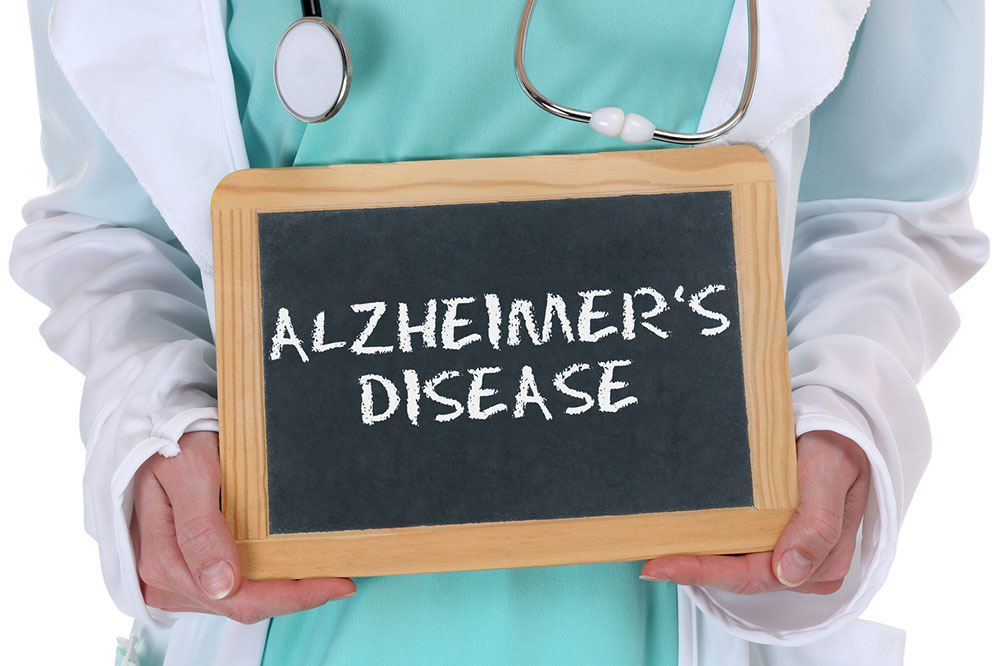Comprehensive Strategies for Managing Symptoms of Alzheimer's Disease
This comprehensive article explores effective strategies to manage Alzheimer's disease symptoms, emphasizing early detection, lifestyle adjustments, treatment options, and caregiver support. It offers practical tips for enhancing quality of life and understanding the disease's causes and risks.

Comprehensive Strategies for Managing Symptoms of Alzheimer's Disease
Alzheimer's disease is a progressive neurological disorder that profoundly impacts cognitive functions, memory, and behavior. It is the most common form of dementia, primarily characterized by the gradual deterioration of brain cells, leading to a decline in mental capabilities that interfere with daily life. The accumulation of abnormal protein deposits such as beta-amyloid plaques in the brain is a hallmark of the disease, contributing to the death of neurons and network disintegration.
In the early stages, individuals may experience subtle memory issues, difficulty with familiar tasks, and changes in personality. As the disease advances, these symptoms intensify, often resulting in profound memory loss, impaired reasoning, and challenges with communication and daily activities. Recognizing early signs and implementing effective management strategies are crucial for improving quality of life for affected individuals and their caregivers.
Early recognition of symptoms is vital for timely diagnosis and intervention. This not only helps in planning appropriate care but also offers opportunities to implement strategies that can slow the progression and alleviate some symptoms of the disease.
Typical signs of Alzheimer's disease include:
Difficulty processing and understanding new information
Frequent memory lapses, such as forgetting recent conversations, misplacing items, or forgetting appointments and dates
Loss of recognition of familiar people and places, leading to disorientation in familiar environments
Impaired judgment affecting safety, decision-making, and problem-solving skills
Challenges with spatial awareness, making navigation and recognizing faces difficult
Problems with language, including trouble finding the right words, reading, or writing
Personality shifts, such as increased apathy, withdrawal from social activities, or developing obsessive behaviors
Effective Tips for Managing Alzheimer's Disease Symptoms
Engage in regular physical activity, such as walking, stretching, or tailored exercise programs, to promote brain health and neural connectivity
Maintain social interactions through family, friends, and community groups to stimulate cognitive functions and provide emotional support
Adopt a nutritious, balanced diet rich in fruits, vegetables, whole grains, lean proteins, and healthy fats to support overall brain health and reduce inflammation
Stimulate the brain regularly by learning new skills, playing memory games, or pursuing hobbies, which can help retain cognitive abilities
Ensure consistent, quality sleep each night to facilitate brain repair processes and prevent the accumulation of harmful plaques
Implement stress management techniques, such as meditation, deep breathing, or relaxation exercises, to prevent exacerbation of symptoms
Address depression and mood changes with professional support and appropriate therapies, recognizing their impact on cognitive health
Join support groups and networks to share experiences, gain practical advice, and find emotional reassurance
Current Treatment Options for Alzheimer's Disease
While there is currently no cure for Alzheimer's, various treatments aim to manage symptoms and improve quality of life
Medications such as cholinesterase inhibitors and memantine can temporarily help maintain cognitive functions and slow decline
Behavioral therapies, occupational therapy, and engaging activities help in managing behavioral issues and promoting independence
Caregiver education and support are essential components of comprehensive management
Understanding Causes and Risk Factors
The disease results from ongoing death of brain cells, leading to neural disconnections and functional decline
Beta-amyloid plaques are abnormal protein deposits that disrupt cell communication and contribute to neurodegeneration
Genetic predisposition plays a significant role, with certain genes increasing risk
Age remains the most prominent risk factor, with incidence rising significantly after age 65
Family history of dementia increases susceptibility, highlighting the importance of genetic and environmental factors
Supporting Loved Ones with Alzheimer’s Disease
Assist loved ones by encouraging the use of memory aids such as journals, visual reminders, or digital organizers
Avoid questioning or challenging memory lapses to prevent frustration or embarrassment
Practice patience and compassion when they forget words or events, demonstrating understanding and reassurance
Motivate social engagement to help preserve cognitive functions and boost emotional well-being
Use simple, clear communication, speaking slowly and calmly to facilitate comprehension
Respond to agitation with kindness and soothing techniques instead of frustration, creating a calm environment





